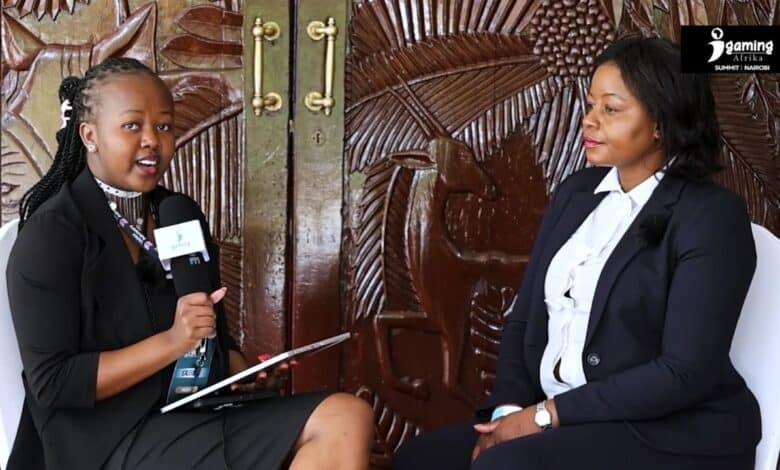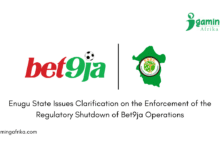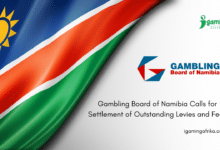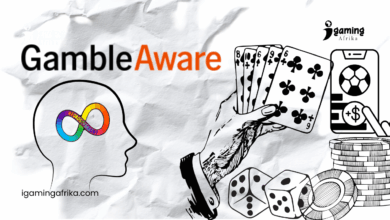Rachel Mijiga on Building a Regulated and Investor-Ready Gaming Market in Malawi

As the African gaming industry continues to expand, regulatory leadership has never been more critical. At the recent Gaming Tech Summit Africa (GTSA) 2025 in Nairobi, Rachel Mijiga, Director General of the Malawi Gaming and Lottery Authority (MAGLA), spoke to iGaming AFRIKA and offered insight into how Malawi is positioning itself as a modern, investor-friendly, and consumer-focused gaming jurisdiction.
Until recently, Malawi’s gaming sector was governed by legislation dating back to 1996. According to Rachel, this posed serious limitations in a digital-first market. To address this, the Authority led a review and overhaul of the outdated legal framework, introducing a new law better aligned with global best practices and emerging technologies. The reform has already begun to bear fruit, attracting major operators such as Betway, betPawa, Premier Bet, and 888 Africa.
“We had to review the old archaic law, which was of 1996, to come up with a new piece of legislation that is fit for the digital age,” said Rachel. “What influenced the change is the fact that we needed to give confidence to the market — to show the people that we’re moving with the trends, we’re embracing technology. This indeed gives confidence to the big brands.”
Malawi has recently recorded notable growth in its gaming industry, driven by rising consumer engagement and increasing interest from global operators. This positive momentum became particularly evident in 2024, as several major brands entered the market or expanded their presence. According to Rachel, the surge in investment is largely due to the newly updated legislation and a regulatory environment that embraces innovation and collaboration. As more operators take interest, Malawi is steadily building a reputation as a well-regulated, investor-ready jurisdiction in Africa’s evolving gaming ecosystem.
“That’s why you’re seeing 888 coming through. They have done a launch. We have the big guys as well — Premier Bet, betPawa, as well as Betway. We are a vibrant, young, and forward-looking regulator, which is there to support the investors or the brands that come into the market. Not only are they offering employment, but they are also contributing towards the GDP of Malawi,” said Mijiga.
In a bid to enhance transparency and tax accountability, Malawi recently introduced a Central Monitoring System (CMS) that connects to all licensed operators. The system consolidates real-time data, enabling oversight that is more accurate and reducing discrepancies in reporting. “It’s a central repository where we pull data from all the operators,” Mijiga explained. “We do analysis because we need to build trust between the operators and ourselves, to say what you’re collecting is what you’re reporting.” Since its implementation, the CMS has already led to tremendous and significant improvements in data integrity and regulatory compliance in the region.
Responsible gaming continues to take center stage in regulatory discourse across Africa, and Malawi is no exception. As part of its commitment to consumer protection and long-term industry sustainability, the Malawi Gaming and Lottery Authority recently convened a national workshop bringing together operators, policymakers, and other stakeholders to align on responsible gambling standards and social safeguards. Rachel emphasized that safeguarding players, particularly the vulnerable, is not just a regulatory obligation but also a collective industry responsibility. “Responsible gaming is very important. Not just to the regulator, but to the industry as a whole,” she said. “Because without a consumer, we don’t have a market. Then what are you there for?”
Read Also: John Erastus on Building a Compliant and Regulated Gaming Market in Namibia
She further challenged operators to move beyond superficial compliance and adopt a deeper, more values-driven approach to responsible gambling. “It shouldn’t just come as a compliance exercise. It has to come from deep down within their hearts, because that’s what is going to drive long-term growth and value for the industry.”
One of the more urgent issues facing regulators across Africa is underage gambling, which Rachel described as a “blind spot” enabled by digital loopholes, one that remains difficult to detect due to identity masking at the device level.
One of the more urgent issues facing regulators across Africa is underage gambling, which Rachel described as a “blind spot” enabled by digital loopholes. “If a child has got a phone, that phone behind the scenes is masked as belonging to an adult,” she explained. “How then do regulators or operators say: this is a child?”
To address this, Malawi has introduced tough penalties: “In our case, the law says anyone who is 18 and below is not allowed to gamble. If we find that we’re entertaining children, there’s a spot fine of 20 million kwacha or imprisonment for five years.” But at the same time, Rachel emphasized that the responsibility does not rest solely with authorities. “Not only as a regulator or an operator, but also as parents… Because the first step is, you gave the child the phone. You’ve also got a responsibility to protect them.”























